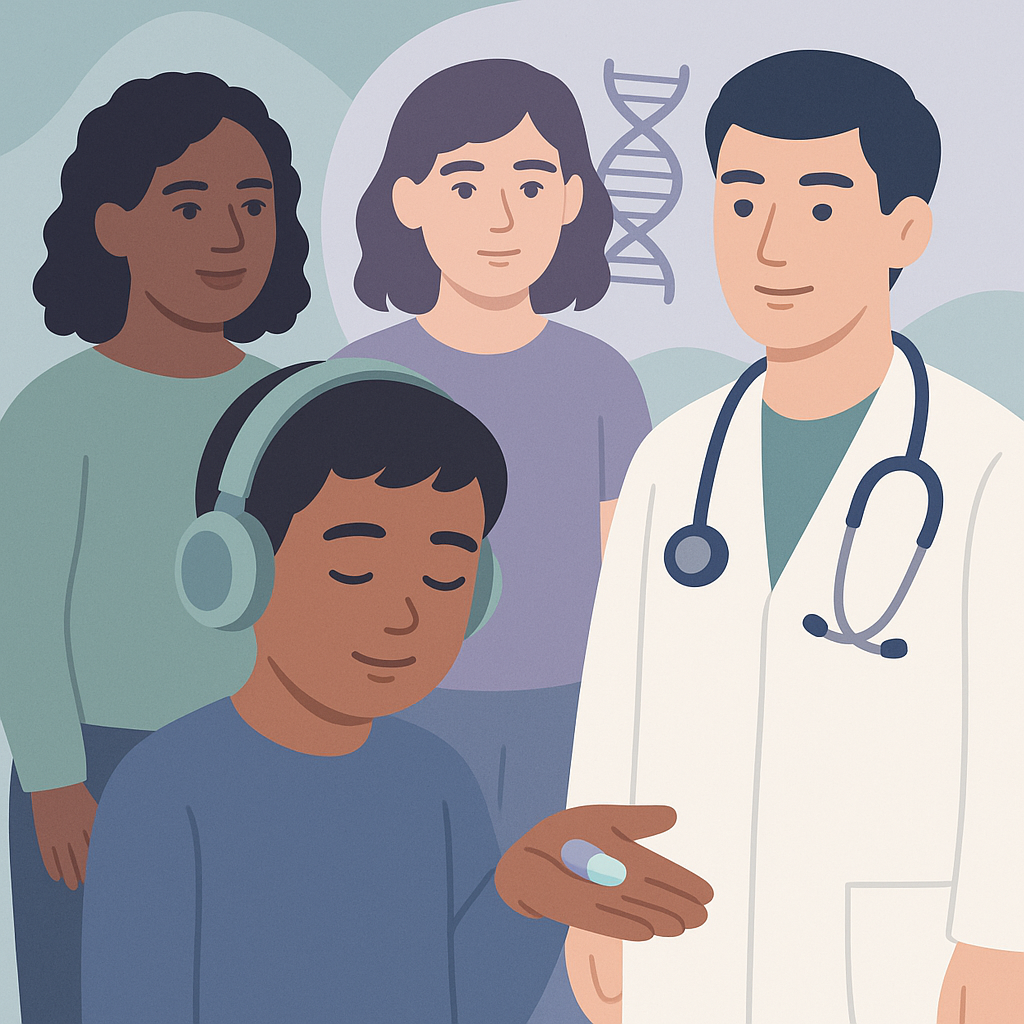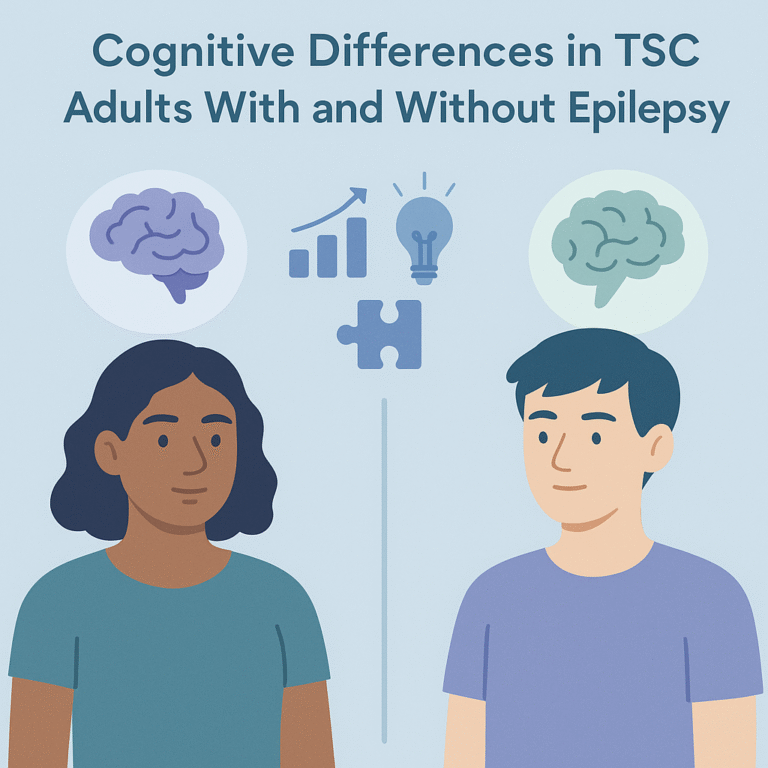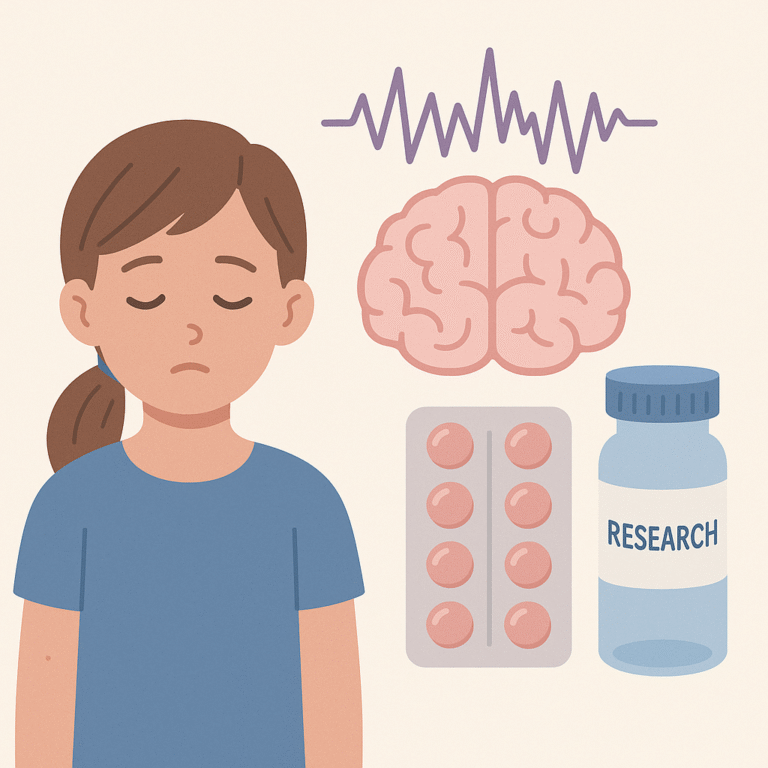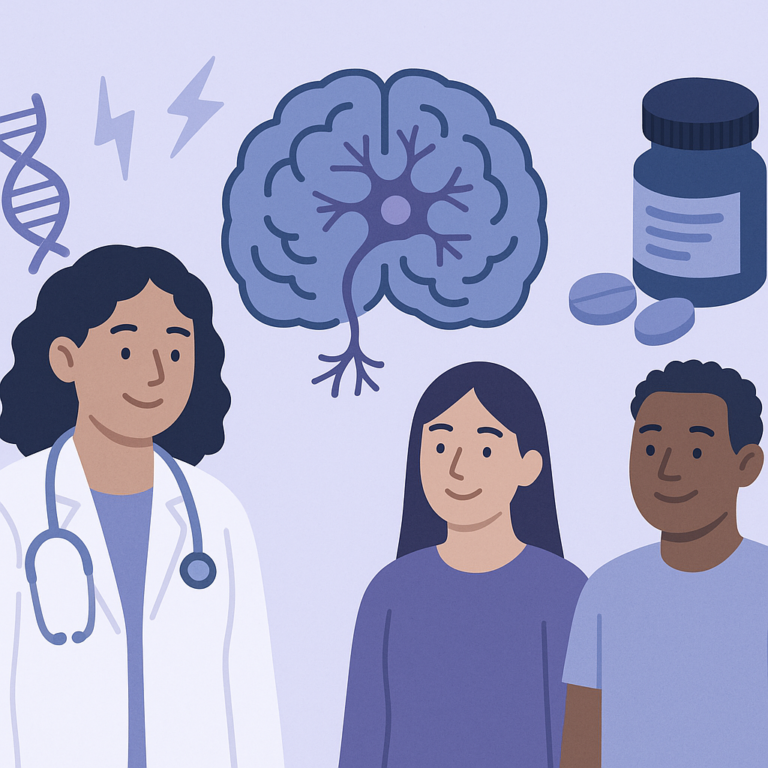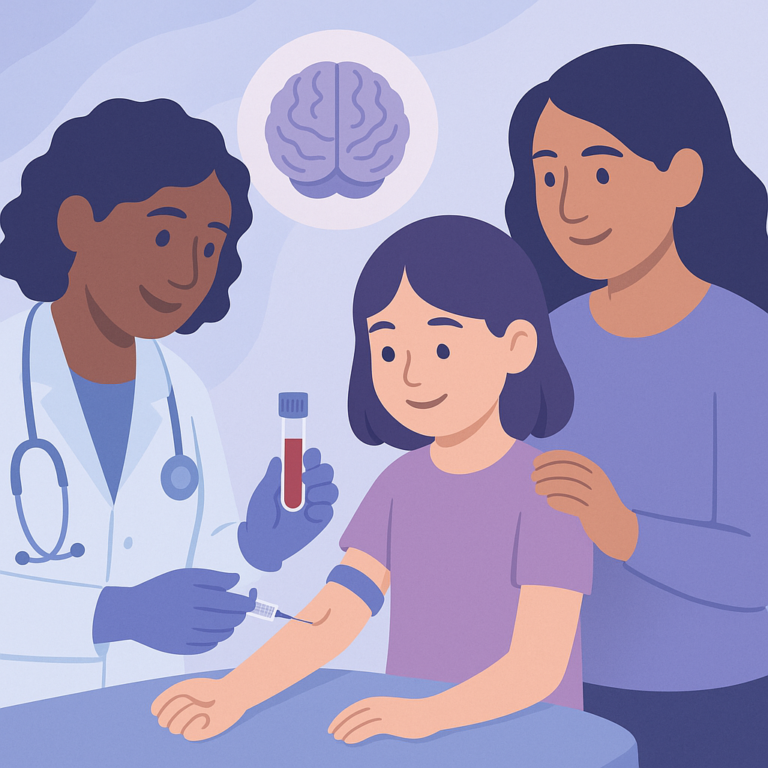Gene Variations May Affect Drug Reactions in Kids with Epilepsy
Summary
Researchers studied how certain genetic variations in the ADORA2A gene might affect how children with epilepsy respond to two medications: valproic acid and oxcarbazepine. The study involved children diagnosed with epilepsy who were being treated with these drugs. The goal was to see if specific changes in the ADORA2A gene were linked to negative side effects from these medications.
The main finding of the study was that certain variations in the ADORA2A gene were associated with an increased risk of experiencing adverse drug reactions to both valproic acid and oxcarbazepine. This means that children with these specific genetic changes might be more likely to have side effects when taking these medications compared to those without the variations. However, the exact size of the risk increase was not clearly defined in the summary.
This research is important because it could help doctors better understand which children might be at higher risk for side effects from these common epilepsy medications. However, it is essential to note that the study had limitations, such as being observational and involving a relatively small group of participants. More research is needed to confirm these findings and to explore how they can be used in clinical practice.
Related reading
- First-Line Seizure Medications Work Similarly for Children
- Pregnancy Outcomes for Individuals With Epilepsy
- Phenytoin’s Impact on Driving Safety and Performance
- Using Anticonvulsants to Improve Outcomes After Cardiac Arrest
- Levetiracetam as First Choice Treatment for Non-Convulsive Status Epilepticus
- Comparing Two Drugs for Children With Severe Seizures
Free: Seizure First Aid Quick Guide (PDF)
Plus one plain-language weekly digest of new epilepsy research.
Unsubscribe anytime. No medical advice.